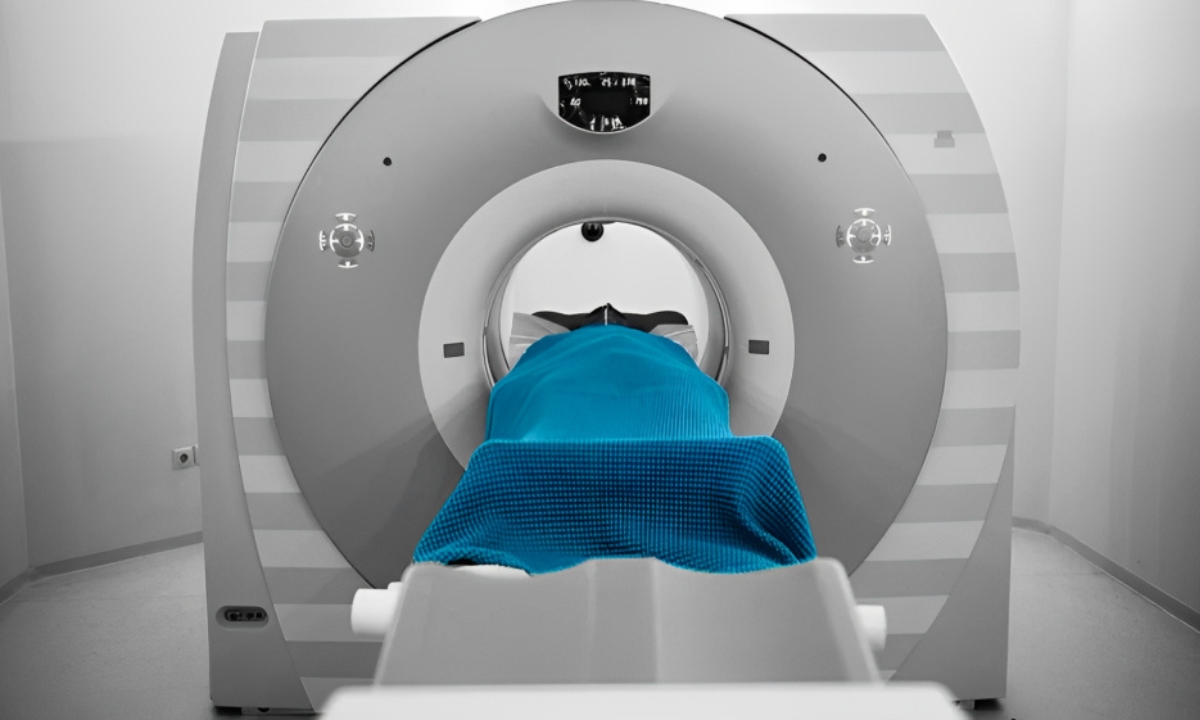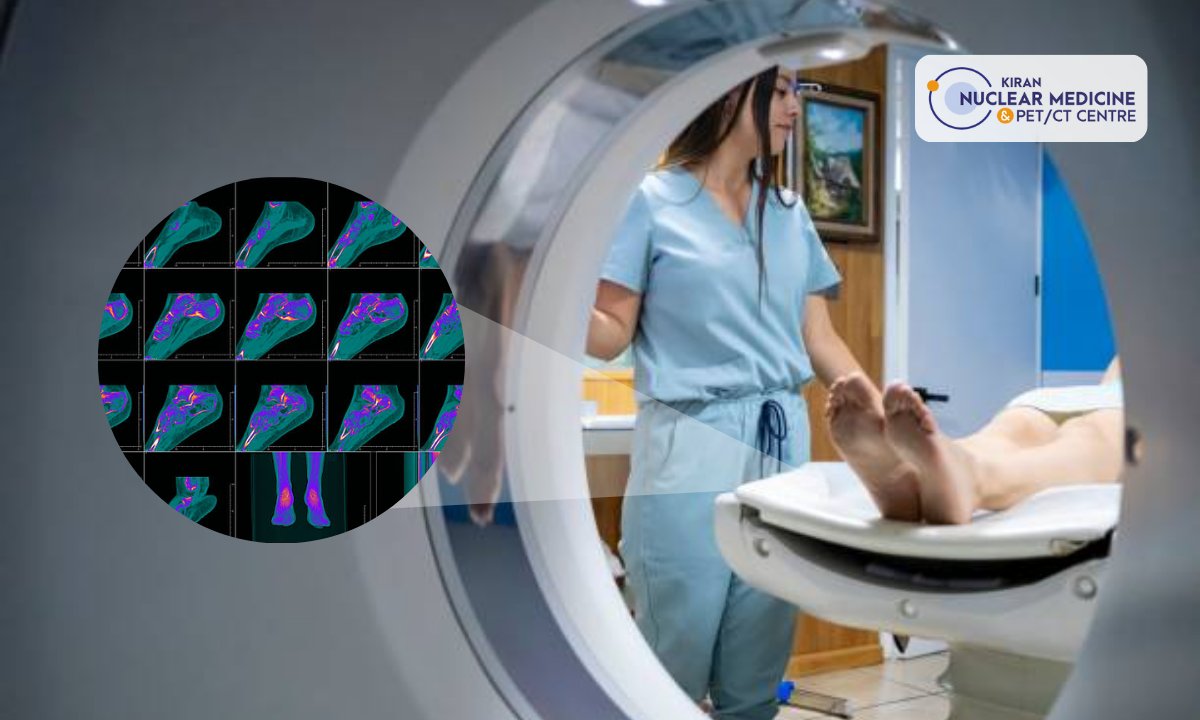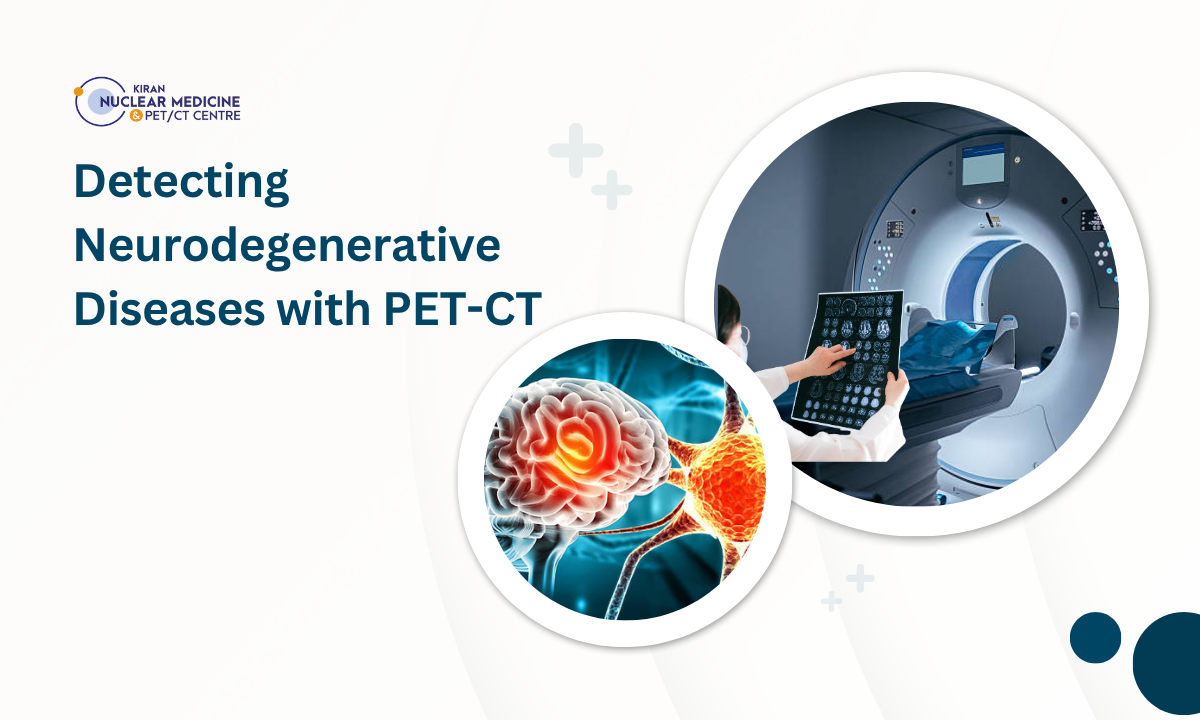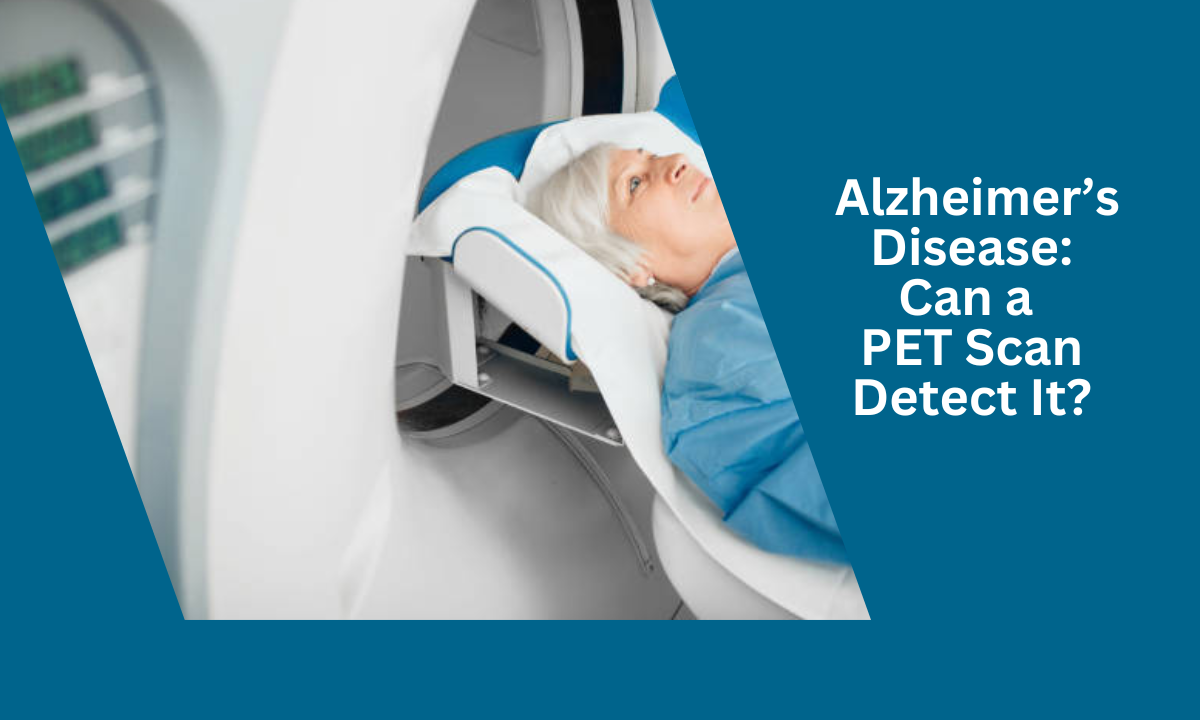Positron Emission Tomography or PET scans have changed and revamped the medical diagnosis landscape by adding futuristic revolutionary years to one’s life through their property of early detection. PET scans are primarily specialised in detecting and imaging functional aspects of the body’s physiology like metabolism, rhythms, flow rate and more. These help in denoting any dysregulations or deviations from prescribed normal functioning and can pose as a primary diagnosis even before the physical or structural symptoms start occurring. This level of early detection has improved chances of success in treatments and has aided doctors in providing accurate diagnoses as well. One of the most remarkable functions of PET scans is the early detection of Cancers. In recent years, the prevalence rate of Cancers has seen an alarming rise. The healthcare industry through cutting-edge technology in diagnostic centers has been able to identify possible carcinogens or cancer-causing agents for various conditions. This acts as a way to stay cautioned. However, there have been an ample number of cases where the cause is not traced and there is a diagnosis made even after taking all precautions. In such situations
Uncovering The Role Of Pet Scan In Every Crucial Step Of Treating Cancer
Cancer Detection: The first step towards diagnosis is a sure-detection of cancer, including the location and specificity. With other imaging tests, a possibility or sign could be detected. With a PET scan, the metabolic activity is traced and noted, to confirm the presence of cancer. Additionally, in the imaging, the exact location is also traced. PET-ct scan is a new modality that uses combined marvels of a CT scan and a PET scan. It is currently available in many leading diagnostic centres across the country.
Staging cancer and determining the spread: Next, along with a confirmed diagnosis, it is crucial to know about the extent of the cancerous activity. The level of proliferation of the cancerous cells, tells a lot about the nature of the spread. The PET scan also determines the stage of the disease, which is crucial to start effective treatment plans. Additionally, the nature of the cancer is also found, if the cancer is benign- localised to one part where it is detected, or metastatic- if it can spread to other parts of the body. In case of a diagnosis of metastatic cancer, the surrounding tissues, organs and lymph nodes are also tested for any cancerous activity to rule out any possibilities of spread.
Treatment Planning: Cancer being one of the most metabolically active diseases, needs a treatment plan that is quick and effective to contain its rapid nature. The information obtained earlier on the detection, diagnosis, location, specificity and nature of cancer, the oncologists, specialised in cancer treatment determine the next approach. They evaluate all factors and arrive at the most effective treatment plan ranging from chemotherapy, radiation, surgery, immunotherapy or a combination of more than one approach in some cases.
Assessing Treatment Response: Once the treatment has started, there is constant monitoring of the effectiveness of the treatment. The activity can be observed by arranging for a PET scan at an efficient diagnostic centre periodically after starting the treatment to check for progress and improvements. Good progress indicates continuing in the same direction as a treatment plan. If there are no improvements, then an alternative approach or dosage increase is suggested by the doctor. If cancer metabolic activity is reduced, it indicates a positive response to therapy and if it is increased or no significant change in the metabolic activity of cells, then the treatment plan shows a negative or idle response respectively, Both the latter conditions call for a revaluation of the therapy approach. This is crucial as timely corrective treatments are necessary to contain the rapid proliferation. In case of improvements, it can also act as positive reinforcement to the patient and family instilling hope of recovery.
Recurrent signs: Even after successful cancer treatment and recovery from the condition, there are high chances of cancer recurring or proliferating again in the same or a new part depending on the kind of cancer detected earlier. Close monitoring is thus essential and prescribed by the doctor to completely remove any possibilities of recurrence. This is done with periodic PET scans that help in noticing even minor changes and can help patients restart their treatment plans before it reaches an adverse stage, to ensure effective treatment and recovery.
Guiding tool for Biopsies: Another highly effective imaging modality is tissue biopsy. A part of the cancerous mass is taken for a biopsy scan that further evaluates the specificity of the cancer. The exact region for the tissue extraction is rightly guided by PET scans. Using these scans or a PET-CT scan first, the location and mass region is noted and then later the same part is extracted for biopsy. This is then evaluated and assessed for more accurate diagnosis and progress tracking.
PET Scan, A Master Variable To The Unpredictability Of A Cancer
PET scans are thus a highly effective medical tool that is useful in every step of the cancer condition, starting from diagnosis to post-treatment stages. Further, with advancing technology, like Artificial Intelligence (AI) and Machine Learning, the level of accuracy, details and precision has made diagnosis error-free and specific leaving out false reports or confusion. This advancement has placed a milestone of achievement in modern imaging technology, taking the cancer treatment domain to an almost complete successful recovery rate if detected in early stages. PET scans are also convenient for patients as they require no complex procedures, quick steps, faster report generation and are cost-effective as well. A PET scan does not take more than an hour for the imaging to be completed.
Conclusion
PET scans have restructured the Cancer treatment approach across the World with state-of-the-art facilities, technology and higher precision rate. The level of accuracy has deepened to such an extent that, the type of cancer, staging and exact location can be exactly interpreted through a PET scan. Additionally, these scans are no less than a medical boon in disguise as they are resourceful and much-needed aid in every step of cancer to help oncologists take proactive steps towards a highly effective treatment plan.
Kiran PET-CT scan centre in Bangalore, houses advanced PET scan facilities along with autopsy labs, CT scans, X-rays and more. The response rate, technological amenities and courteous staff at the diagnostic centre ensure a time of relief and betterment in times of ambiguity regarding a cancer diagnosis and treatment. If you are looking for a PET scan, contact us to receive detailed information on the procedure, costs and appointment process.






